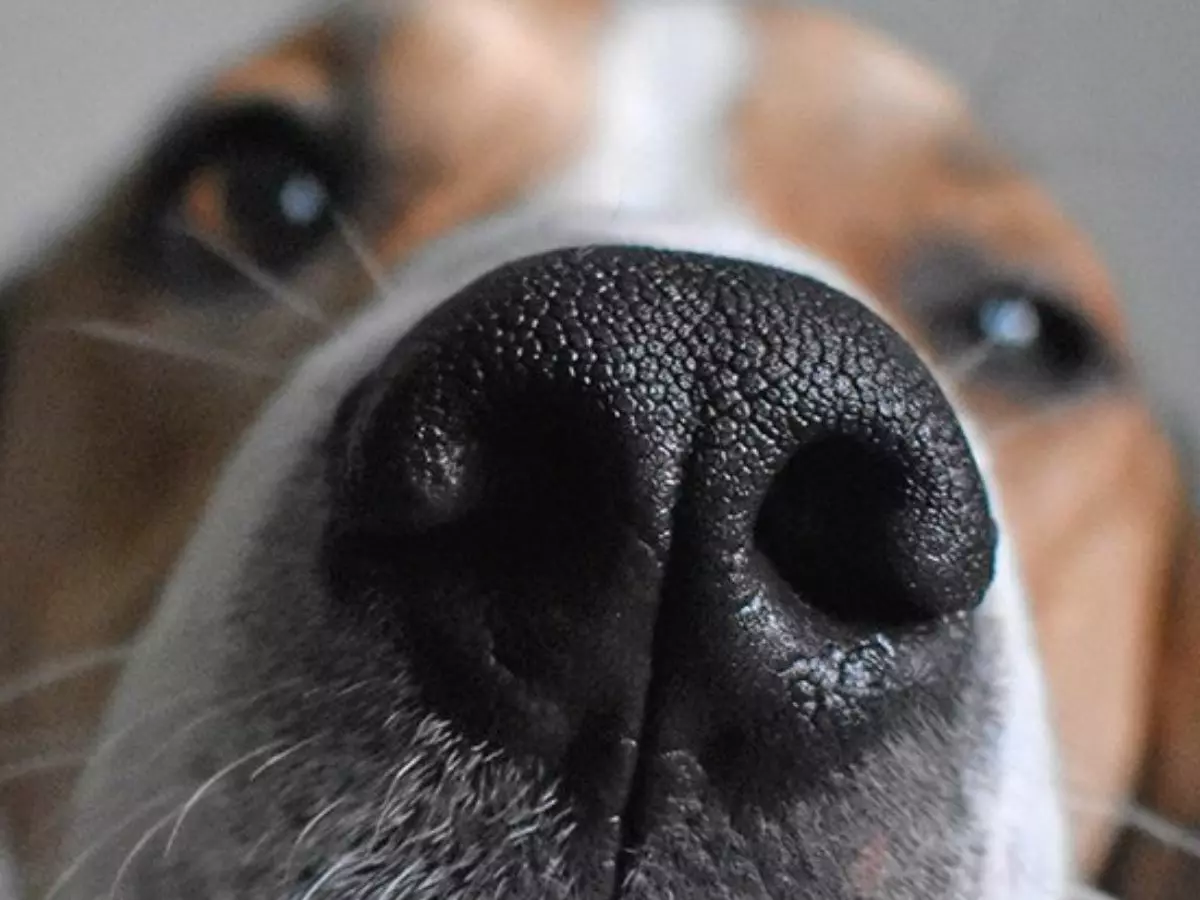Dogs Could Sniff And Tell If Someone Has COVID-19, Claim Researchers
Researchers are initiating research using scent detection dogs to differentiate between samples from COVID-19 positive and negative patients

Scientists are trying to find new ways to quickly identify COVID-19. We¡¯ve seen tests that do it in a matter of seconds, with stellar accuracy.
However, now scientists want to deploy the K9 unit in humanity's quest to stop the spread of novel Coronavirus (SARS-CoV-2).
 Getty Images
Getty Images
Researchers at the University of Pennsylvania School of Veterinary Medicine said on Tuesday that they¡¯re initiating research using scent detection dogs to differentiate between samples from COVID-19 positive and negative patients.
The study will initially have eight dogs, which over a course of three weeks, will be put across COVID-19 positive saliva as well as urine samples in a laboratory.
Once the dogs have gotten trained with the scents, scientists will see how effective they are in differentiating between positive and negative samples. This will then create a basis of sorts to see if they can actually identify people who¡¯ve contracted the novel coronavirus.
Cynthia Otto, director of Penn Vet¡¯s Working Dog Centre said in an official release, "The potential impact of these dogs and their capacity to detect COVID-19 could be substantial. "This study will harness the dog's extraordinary ability to support the nation's COVID-19 surveillance systems, with the goal of reducing community spread."
Can dogs really smell disease?
In case you were wondering if this is even possible, the chances are highly likely. Unlike the human nose which has about 6 million smell receptors, a dog as a mind-boggling 300 million.
 Unsplash
Unsplash
Studies in the past have already shown how dogs can effortlessly pick up low concentrations of volatile organic compounds or VOCs that are the root cause of diseases like cancer and bacterial infections.
VOCs are present in saliva, human blood, breath and even urine. Studies have also revealed that dogs can sniff malaria just from the sock worn by a child. They¡¯re that good.
Dogs could in fact prove beneficial in identifying asymptomatic cases of COVID-19 either in hospitals, or even offices. According to the researchers, initial screening of humans by trained dogs could start as early as July this year.
